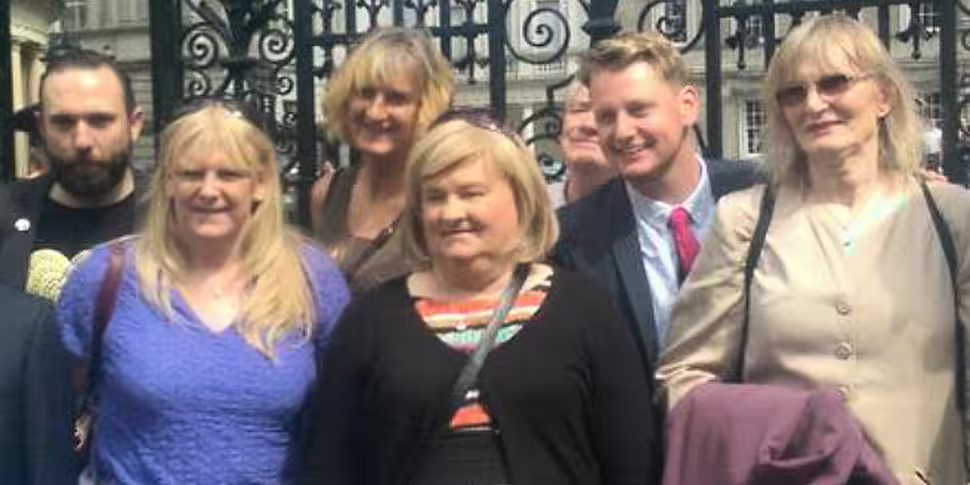The Gender Recognition Act has been passed by the Oireachtas, and will now be signed into law by the President.
It means transgender people can be fully recognised in their chosen gender, and will be able to change the gender on their birth certificate and passport.
The bill is an updated version of a previous one. This one removes a clause which required a supporting statement from a doctor. It will also no longer be necessary for a married person transitioning to divorce their partner before their gender can be recognised.
It's believed this requirement became redundant following the passing of same-sex marriage, which means two men or two women can marry.
That is expected to be signed into law by September, slightly later in the year than hoped as the Appeals Court deals with cases the High Court threw out.
Amnesty International says it's "heartened that two of our three major concerns with the Bill have been addressed. We remain concerned that the Act still stipulates that 16 and 17-year-olds require a court order to obtain legal recognition of their gender."
Thank you to everyone who worked so hard to pass the #GRBill. Special thanks to Lydia Foy #ThankYou #Recognition pic.twitter.com/tP5ktdkd7G
— TENI (@TENI_Tweets) July 15, 2015
Applicants will also be able to have their gender recognised as they enter into marriage or civil partnership.
The Bill will be signed into law by President Michael D Higgins over the next seven days.
Congrats to @TENI_Tweets & @flacireland for sterling work on Gender Recognition Act #HumanRights #LGBTI https://t.co/TvkkRzyfjS
— Colm O'Gorman (@Colmogorman) July 15, 2015
Dublin TD Kevin Humphreys said “This is a very significant day and not just for transgender people and their families. It is also another milestone for equality in Irish society following the resounding Yes for marriage equality in May.”













